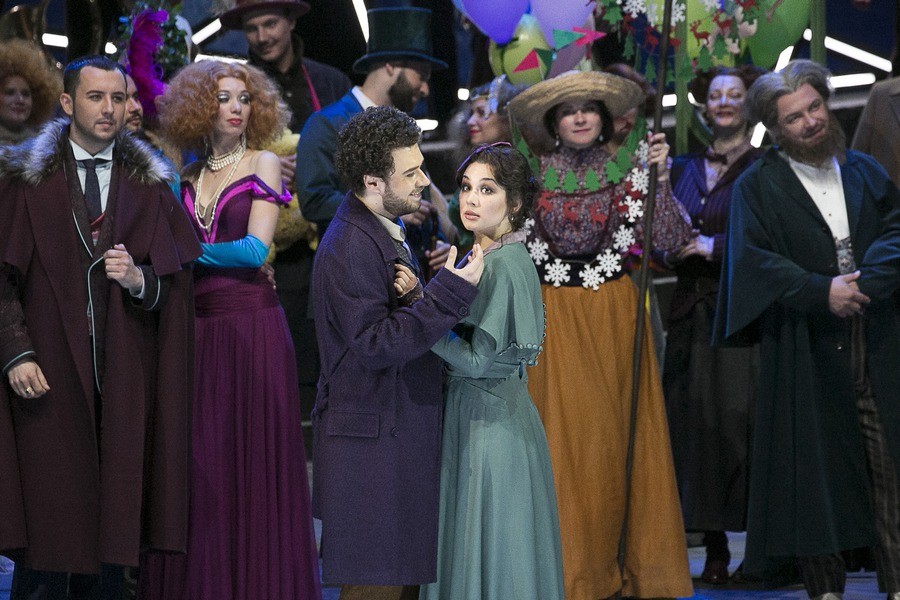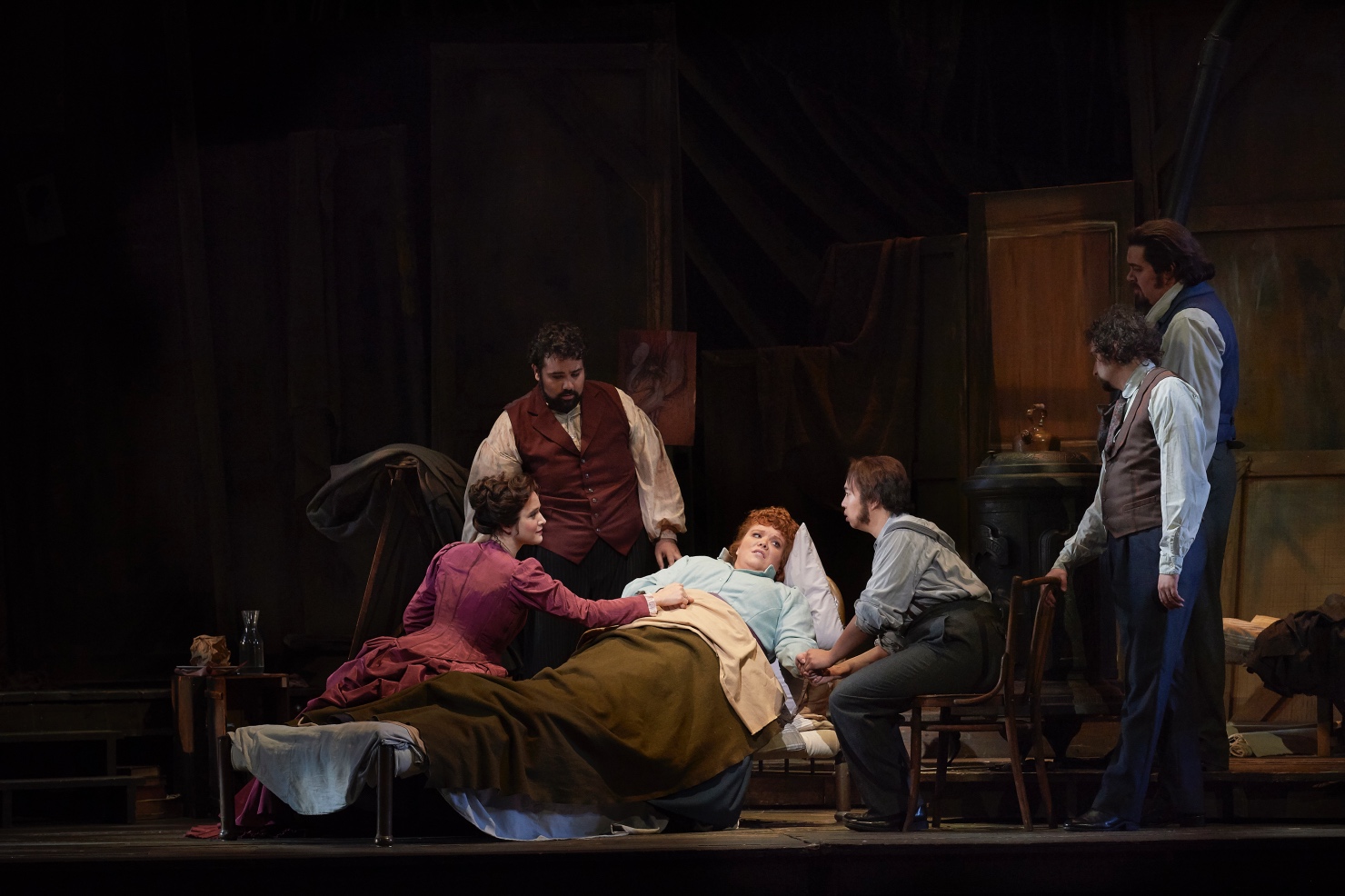
From its earliest years Italians dominated the art: Cavalli and Monteverdi Russia, Great Britain, and the Americas have also made their contributions.īut in the popular imagination opera remains an Italian concept-and no wonder. Germany had an excellent school from as early as Mozart’s time, and opera perhaps reached its highest achievement with the mighty music dramas of Richard Wagner. France had an early and long-standing love affair with it-hence the term grand opéra, referring to the massive five-act creations that graced the Paris Opéra in the nineteenth century. As an art form it is truly international, crossing all linguistic and cultural barriers, and it is probably the only one whose audience continues to expand, not in spite of, but because of developments in entertainment technology.įrom its early origins in Italy opera spread across Europe, establishing individual and distinctive schools in a number of countries. The only one of the arts whose origins can be precisely dated, it was ‘invented’ in Italy in 1597 as part of the Renaissance-the rebirth of interest in classical values.

Consequently, it delivers an emotional impact which none of the others can match.

The word ‘opera’ is Latin and means ‘the works’ it represents a synthesis of all the other arts: drama, vocal and orchestral music, dance, light and design.


 0 kommentar(er)
0 kommentar(er)
